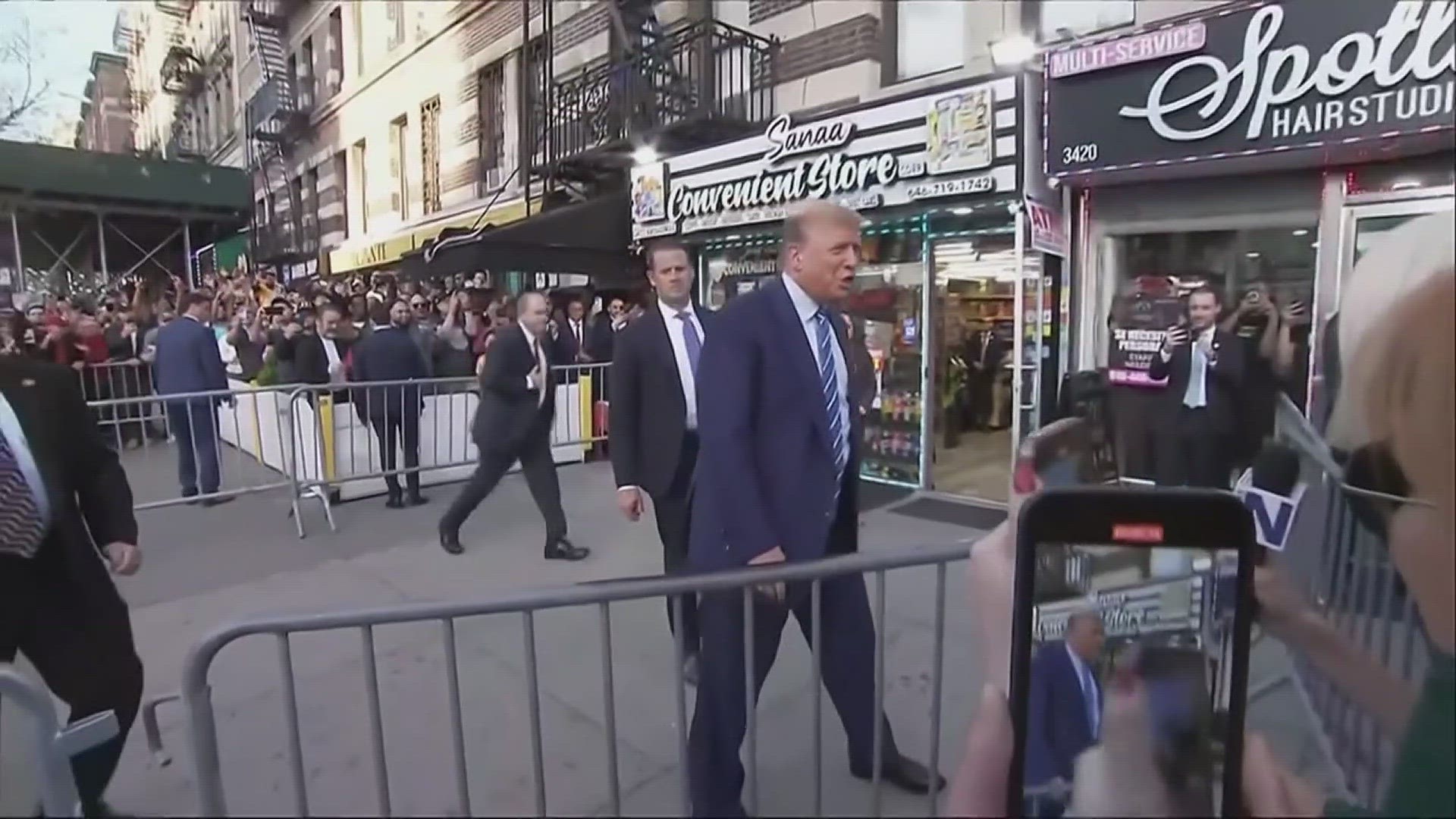SPRINGFIELD (Illinois News Network) — Tucked away in nearly all public debates between Illinois Gov. Bruce Rauner, a first-term Republican seeking a second term, and Chicago entrepreneur J.B. Pritzker, a Democrat seeking his first elected office, is the $130 billion question: What is the state to do about its growing public pension debt?
The annual required contribution, or ARC, from the state to the five public pension plans it is responsible for was more than $11 billion in 2018, according to the Commission on Government Forecasting and Accountability.
That’s more than a quarter of the state’s annual budget. The ARC is projected to grow to nearly $17 billion by fiscal year 2027.
The total unfunded liability – the cost of funding retirees for their expected lifespans minus the amount of assets currently held with an annual expectation of return on market investments – is at least $130 billion. Others have estimated it may be even higher. Moody’s put the figure closer to $200 billion when factoring in the estimated cost of providing heavily subsidized health care.
Rauner has proposed pension reforms in a way that would give public pensioners a choice between a level of pay raises corresponding to a level of pension guarantees. Dubbed the “consideration model” as a nod to contract law, the plan would require public employees enrolled in one of the state’s pensions to choose one of two options, as described by the Teachers’ Retirement System of Illinois:
- Option 1: An employee could keep the existing 3 percent compounded annual pay increase in retirement. If the employee chooses this, any future salary increases would not be counted when the employee’s final pension is calculated. The employee would start retirement with a lower pension than otherwise.
- Option 2: The employee chooses to forego the compounding 3 percent increase in retirement, instead get raises at half the rate of inflation in that year, capped at three percent. In return for what would likely be lower raises in retirement, all future raises would be included in the initial pension rate. They would make more upon retirement with smaller annual raises.
Critics of Rauner’s plan have said it would only nibble around the edges of the massive pension debt, if it passed the Constitutional test at all. Illinois’ guiding charter says pension plans may not be diminished, nor impaired. In 2015, the Illinois Supreme Court ruled a 2013 state law that stopped automatic annual cost-of-living increases for retirees, raised the retirement age for existing employees, and limited what counted toward final pension pay was unconstitutional because it violated the state’s pension protection clause.
Pritzker has said the state needs to pay for what it has promised. That’s essentially what the Illinois Supreme Court had said in its 2015 decision.
“We ought to live up to the obligations that we have to our pensioners in this state,” Pritzker told the Crain’s Chicago Business editorial board in February. During the debates, Pritzker said that paying more into pensions now is akin to paying more than the minimum payments on a credit card bill.
To accomplish either objective, both candidates must go through the 101st General Assembly to do it.
Illinois News Network distributed questionnaires to candidates, challengers and incumbents, that included a question about how they would prefer to tackle one of the states largest, and most politically charged, issues. The candidates who responded offered a mix of ideas for addressing the problems.
“Start with the small stuff,” said Tom Chlystek, a Democratic candidate for the 82nd House District. “…on Darien City Council you have to work a minimum amount of years before you can get a pension, and no juicing pensions on the last day.”
Chlystek is facing Minority Leader Jim Durkin, R-Western Springs, who has supported a consideration model similar to what Rauner proposed.
“Illinois will probably need to amend its constitution to clarify that public sector pension benefits for future work may be amended,” said state Rep. Tom Morrison, R-Palatine, adding that new public employees should be placed into defined contribution pension plans, and existing employees should be given the option to shift to a defined contribution plan.
“Pensions have been underfunded for a long time, so there is no quick fix,” said Richard G. Cramsey, Democratic candidate for the 94th state House District, currently held by Rep. Randy Frese, R-Paloma.
“I would favor ‘mortgaging’ the obligation,” said Paul Stoddard, Democratic candidate for the 70th District in northern central Illinois. “Borrow the money needed, and pay it off over 20 to 30 years. This will hurt us in the short term, but is considerably preferable to the “ramp” plan currently in place, which becomes totally unsustainable in the not-too-distant future.”



